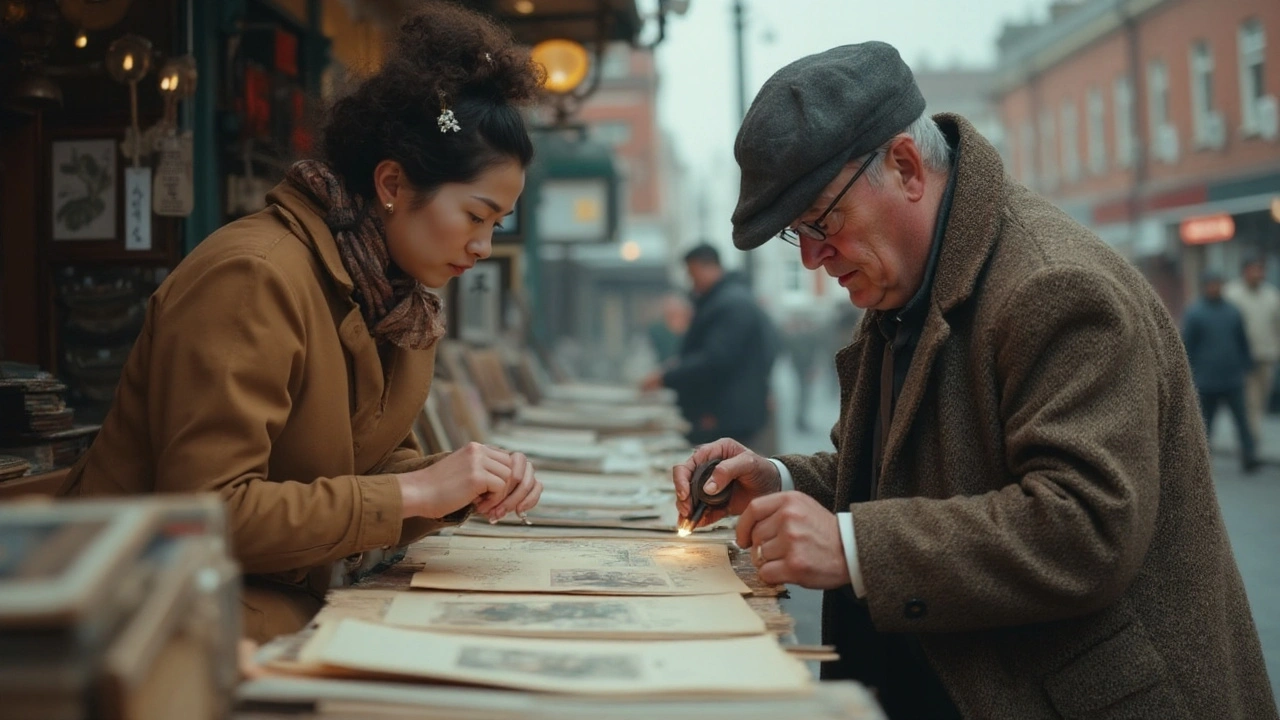Authenticity in Art: What It Means and Why It Matters
When you stare at a painting, a sculpture, or even a dance performance, you’re looking for something real – a feeling that the creator didn’t fake. That feeling is what we call authenticity. It’s the heartbeat of any artwork, the part that tells you the piece is honest, original, and true to the artist’s voice.
How Authenticity Shows Up in Different Art Forms
In visual art, authenticity can be a raw brushstroke, a bold color choice, or a subject that reflects the artist’s personal history. In movements like Expressionism or Abstract Expressionism, the goal was to dump emotion straight onto the canvas without varnish. In dance, avant‑garde choreographers strip away polish to let movement speak directly from the body.
Even literary styles have an authenticity factor. Magical realism, for example, feels genuine because it blends everyday life with the fantastical in a way that feels inevitable, not forced. The same principle applies to tattoo art – an Art Nouveau piece looks authentic when the curves follow natural forms rather than copy-paste patterns.
Why Authenticity Still Drives Today’s Creative Scene
Modern creators use old ideas in fresh ways because authenticity never goes out of style. Look at how Bauhaus principles still shape furniture and architecture – designers keep the original ethos of “form follows function” while adding new materials. Or think about how Photorealism artists push realism to a point where you question whether you’re looking at a photo or a painting.
Culture‑shaping movements like the Harlem Renaissance proved that authentic voices can reshape an entire era. By telling black stories from inside the community, those artists gave the world a version of America that hadn’t been seen before. That same energy fuels today’s street art, land art, and even gaming graphics.
Our tag page pulls together posts that illustrate authenticity across genres. Want to see how Pop Art turned comic strips into gallery icons? The “Pop Art Explained” article walks you through the timeline and shows why the movement felt like a genuine rebellion against high‑brow norms.
If you’re curious about how avant‑garde dance reshaped choreography, the “Avant‑Garde Dance” post breaks down the key ideas and tells you where to catch a performance. For a deep dive into the raw emotional power of Expressionism, check out the guide on “How Expressionism Revolutionized Modern Art.”
Every article on this tag is chosen for its focus on genuine creative expression. Whether you’re an artist looking for inspiration, a collector hunting for authentic pieces, or just a fan of art history, you’ll find practical tips, clear definitions, and real‑world examples.
So next time you stand in front of a work, ask yourself: does this feel honest? Does it reflect the artist’s true voice? If the answer is yes, you’ve found authenticity – and you’ve just connected with the heart of art itself.

